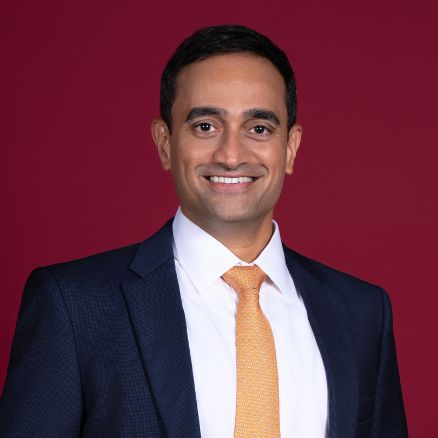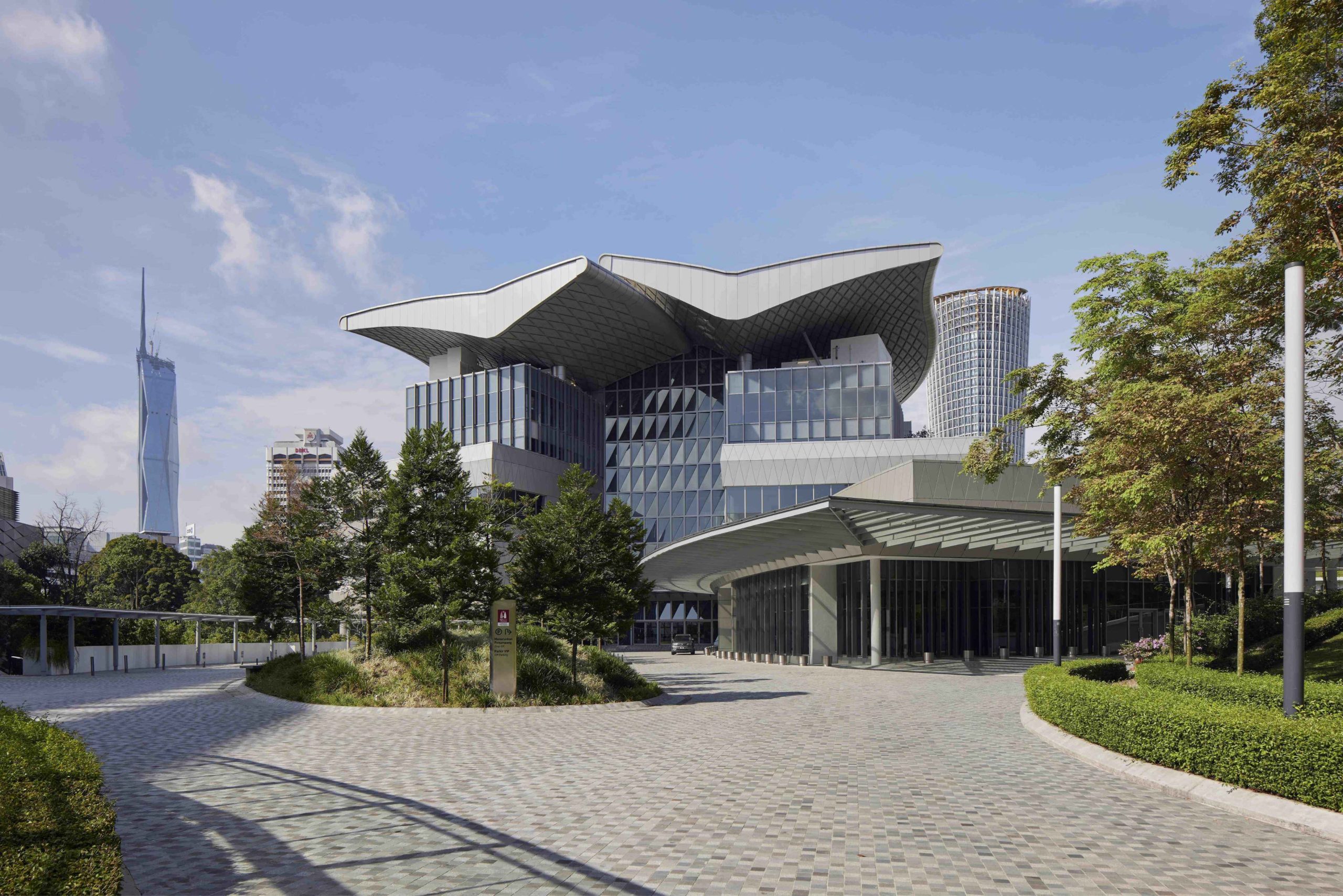- About

Established in 2015 in collaboration with MIT Sloan Management, our vision is to be a global knowledge hub, with regional insights from Asia and the emerging world.
- Faculty & Research

ASB’s research centers conduct impactful research in emerging markets, business strategies, technology, and sustainability. Together, they foster innovation in the business landscape.
- Academics

The ASB curriculum seamlessly integrates MIT Sloan’s rigor with the strategic insights of Asia. With MIT Sloan Immersion and Industry Treks, it immerses future leaders in a diverse range of industries.
- Micro-credentials

Introducing ACE (Agile Continuous Education), a structured micro-credentials initiative offering flexible, hybrid courses developed to strengthen professional capability in a rapidly evolving landscape.
- Executive Education
- Corporate

ASB excels through dynamic collaborations, addressing business challenges with innovation, built on robust partnerships.
- Alumni
June 6, 2024
Date
9:00 AM – 5:00 PM
Time
RM 2,500*
Program Fee
In-Person
Format
Overview
In recent years, the Covid-19 pandemic, impact of climate change and geopolitical events including the Ukraine war have caused massive supply chain disruptions all over the world. It is now an undisputed fact that supply chain management is an indispensable part of a company’s operations, and businesses are increasingly acknowledging the need for a more sustainable supply chain to manage and mitigate supply chain risks. At the same time, with increased focus on sustainability, the concept of a circular economy has also emerged as an alternative to the traditional linear economy as we know it.
This program will discuss the potential risks inherent in supply chains – what to look out for and how to manage them. The focus will be on the importance of building supply chain resilience and adapting to a circular economy mindset to enhance business operations by improving resource efficiency and operating in a sustainable environment.
The program will focus primarily on the role the board of directors can play in providing oversight in the management of supply chain risks as well as innovations for circular economy – the kinds of questions they should be asking of management and common pitfalls to avoid.
- Understand why boards need to look beyond the organization and into its supply chain
- Grasp the role of resilience, agility, and adaptability in addressing supply chain disruptions to ensure business continuity
- Explore the criticality of supply chain perspective in addressing Environmental, Social, and Governance (ESG) issues
- Learn what tools, processes, and forums can enable leadership to guide organizations in dynamic supply chains
- Board of Directors
- Senior Management
- Anyone else who might find the program helpful.

Shardul Phadnis
Associate Professor II of Operations and Supply Chain Management
Faculty Profile
Dr. Shardul Phadnis is an Associate Professor II of Operations and Supply Chain Management at the Asia School of Business. His research explores the intersection of supply chains and strategic management: (a) how organizations create value by orchestrating supply chain operations and (b) how strategy processes, such as scenario planning, influence the adaptability of supply chain infrastructures and processes.
His research has been published in leading journals in both disciplines, such as Strategic Management Journal, Academy of Management Perspectives, Technological Forecasting & Social Change, Production and Operations Management, Journal of Business Logistics, MIT Sloan Management Review, and several others. His book “Strategic Planning for Dynamic Supply Chains: Preparing for Uncertainty Using Scenarios” (Palgrave Macmillan, 2022) describes first-hand accounts of scenario planning applications in three in-depth cases of strategic/long-range planning in business and governmental planning organizations. Shardul is a member of the editorial board of Futures & Foresight Science and regularly peer-reviews research for leading management journals and academic conferences.
Shardul received the Giarratani Rising Star Award (2015) from the Industry Studies Association for his research in apparel supply chains. He has also been honored with the Best Reviewer Award for his reviews of papers submitted to the Academy of Management’s annual meeting (Operations and Supply Chain Management Division, 2020).
Applying his expertise in strategic supply chain management to contribute to the greater good, Shardul serves as the President of the board of directors (a voluntary role) of The Lost Food Project – a sustainability-focused Malaysian food bank that rescues surplus food from going to the landfill to provide nutritious meals.
Shardul holds a PhD in Engineering Systems from the Massachusetts Institute of Technology. He teaches graduate-level courses in Operations and Strategic Supply Chain Management, and Scenario Planning in executive education. Before beginning his academic career, Shardul worked in manufacturing firms for seven years and led the Continuous Improvement program at a design-to-manufacture firm.
Connect with us to start
Guiding Organizations in Dynamic Supply Chains
RM 2,500*

RM2,500.00
Program Fee